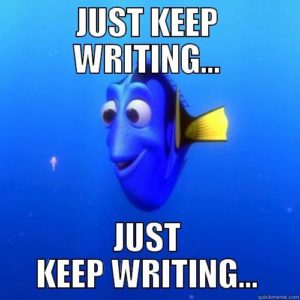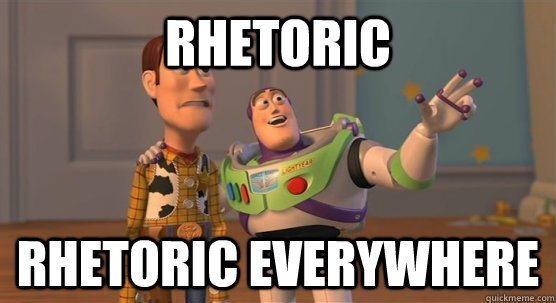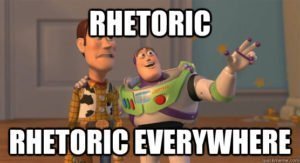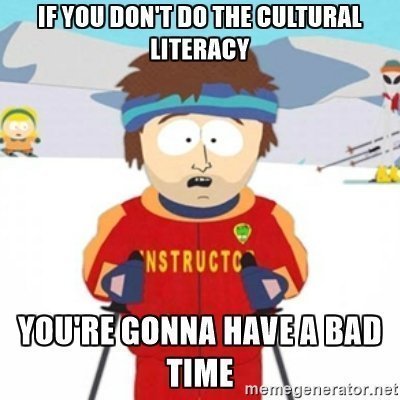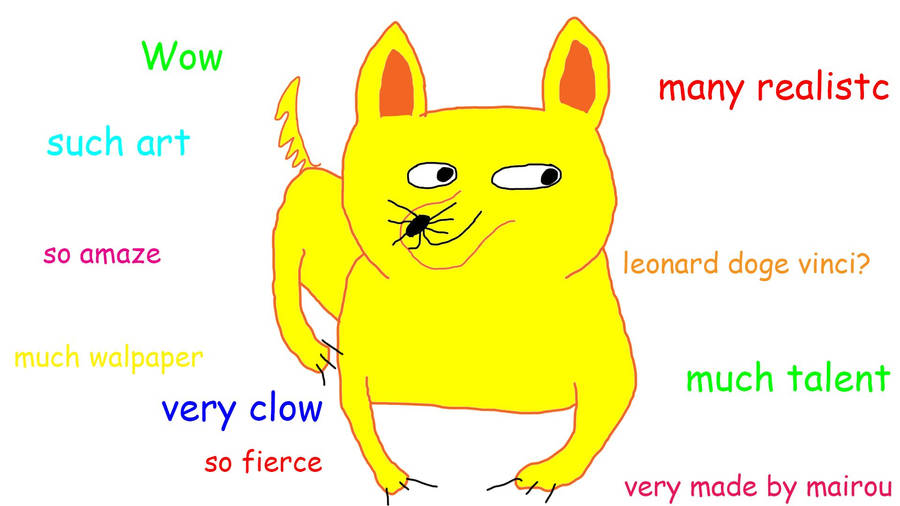Holy Smokes! Writing is Complex!
Entering De Anza Community College, an institution I previously attended, forced students to take courses in remedial English if they did not pass the English placement test. I fell in that category and unable to pass the test, due to being illiterate from dropping out of High School. I felt that the courses were extremely difficult and focused primarily on literary analysis on text that had no correlation or meaning to my life. Instructors were biased and created an environment that did not seem welcoming or pleasant. I failed the English course several times and forced to believe that I did not have the capability to succeed in college and continued to drop out throughout a seven-year span. Overtime, I finally pushed through and passed the course after multiple attempts. However, after finally transitioning to “the basic” English course that is required for all College students, I still faced difficulties and ultimately failed. After two attempts, the third instructor I took had lenient tendencies and seemed to not care about students success, which resulted in the completion of the English course (I earned a C).
The article, Activity Theory and Its Implications for Writing Instruction, David R. Russell illustrates an example that exquisitely demonstrates the complexity of writing and how there are several discourses that composition can be directed. Russell examines the multiple uses of a ball and demonstrates through out the text that a ball has various abilities. Thinking about the complexity of a ball and the athletic use, such as Basketball, Tennis, and Football, illustrates that a person may be well skilled at one aspect of the balls use, however lack the ability to perform well with the others.
During my final year at De Anza Community College, I had the belief that writing centralized in English format, and did not know that writing varied in different majors. During one of my final semesters, I dropped out of Statistics and searched relentlessly for a course to replace the empty spot on my schedule. I joined a Journalism course last minute and learned that journalistic writing did not incorporate essay style writing, but a direct and concise style of communication. I became amazed that Journalism challenged the English Methods of writing and provided a new prospective. I excelled in Journalism, I had articles published both online and print, and finally respected for my capabilities as a writer.
Finally, Russell’s article helped remind myself that writing is not situated in one format, and that not all individuals enjoy specifically writing literary analysis and other English style essays. Writing is complex and cannot be categorized or generalized, and needs to specifically be recognized for it’s intricacy.
